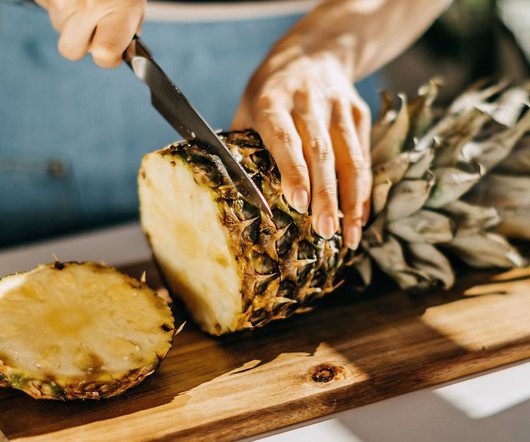Zero Restaurant Food Waste for the Environment and Lower CoGS
Restaurant365
JANUARY 18, 2022
While true zero-restaurant food waste is extremely rare, it can be a meaningful goal. Implementing a zero-waste initiative can help minimize your carbon footprint and may even attract new customers who embrace your environmental friendliness. Additionally, limiting your food waste can improve your restaurant’s bottom line.















Let's personalize your content